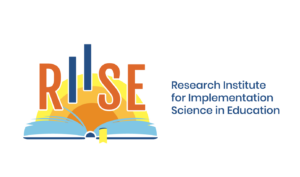Vaughan (pronounced “vawn”) Collins joins the SMART Center after graduating with their MSW (Master of Social Work) from the University of Chicago and their BA in Psychology and Gender & Women’s Studies from the University of Wisconsin – Madison. Their deep commitments to disability justice, sex workers’ rights, and PIC (prison industrial-complex) abolition propelled them into the policy formulation and implementation side of social work through interning with the U.S. Commission on Civil Rights. With over 4 years of experience in psychology and human development labs, Vaughan is interested in developing research that can advance accountability, transformative justice, and community resources. Being new to Seattle, they are excited to find vegan junk food spots and get lost on public transit.

